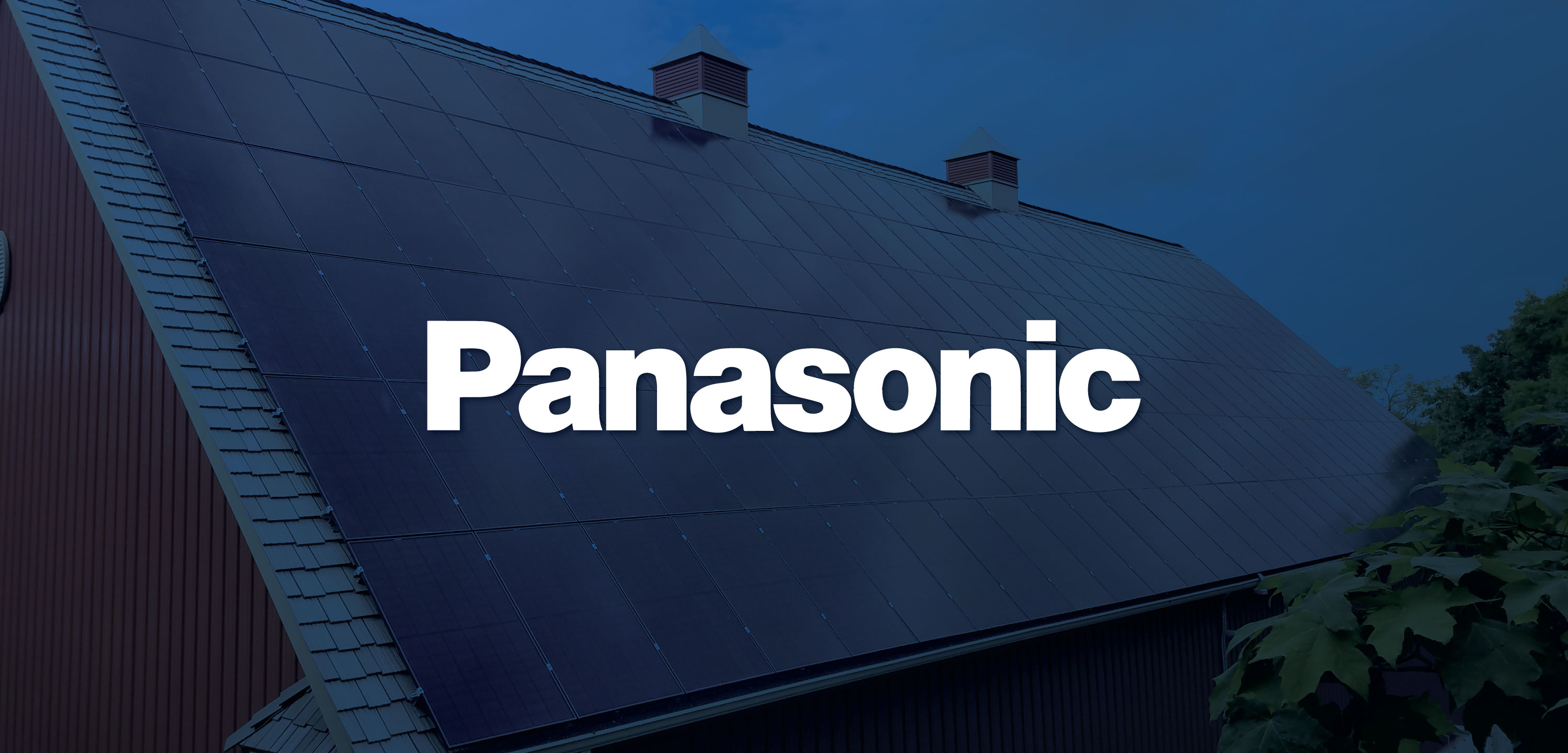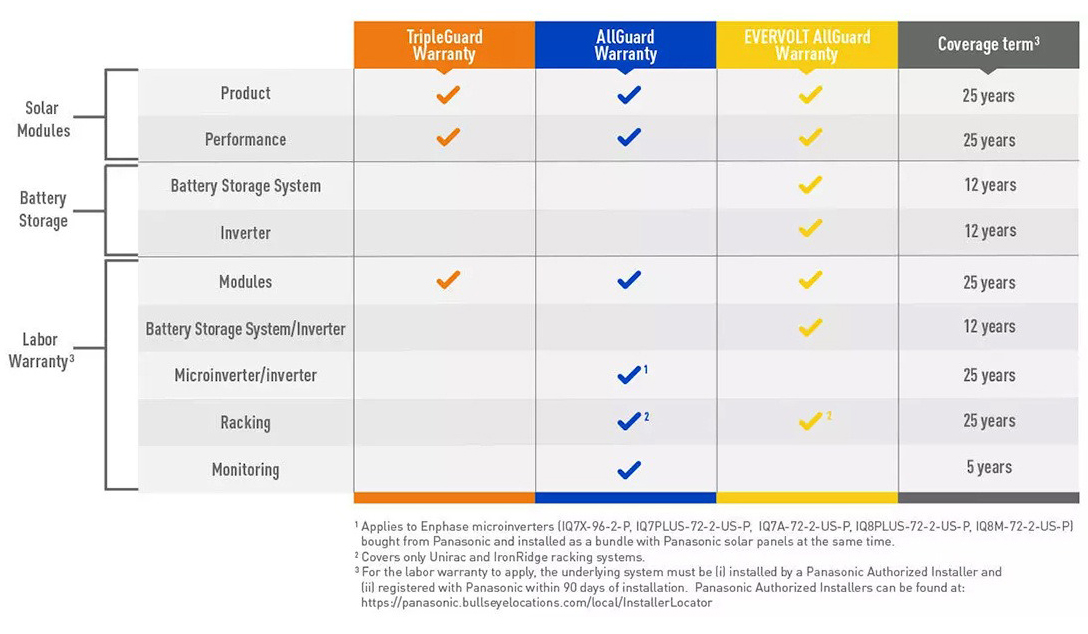Updated 10 months ago
Panasonic Discontinues its Solar and Battery Storage Business Lines
Written by
Ben Zientara

On April 28th, 2025, Panasonic Corporation of North America announced it would discontinue its solar and battery storage business lines. The announcement included assurances of continued warranty support and points of contact for all existing customers and customers whose installations are still in the process of being completed.
The news was unexpected but not necessarily shocking. Panasonic solar panels had a market share of around 2.5% in California in the 12 months preceding the announcement, and the company's products were often sold at a premium price with premium warranties to back them up. In a marketplace where cost is often a major factor, premium products can be a tough sell.
Why has Panasonic made the decision to close its solar panel business?
Panasonic's official statements have been relatively light on why it decided to discontinue its solar and storage businesses.
A statement on the company's website read, "This change allows us to focus on areas where we can have the greatest strategic impact," while a letter to partner installers posted to reddit said "This was a strategic decision… While we continue to believe in the potential of solar and energy storage, it is no longer the right business fit for us at this time."

We speculate that the decision has something to do with the stiff competition in the solar space, competitors that offer lower costs, the health of the residential solar market in the United States (which declined 31% in 2024), and recent uncertainties about tariffs.
What warranty support can customers expect?
Panasonic's warranty on solar panels and battery storage is well-known for being among the best in the industry, with 25 years of coverage for the product and performance of the products, as well as labor to repair or replace them if necessary.
Furthermore, Panasonic offers additional coverage for labor to repair third-party inverters and racking, as long as they come from a specific list of approved products and are installed together with Panasonic components by authorized installers.
Here's an image from Panasonic's website that shows that warranty coverage:

Panasonic’s statements say they remain committed to ensuring that all installations that are in progress will be completed and supported throughout their warrantied life. Based on our knowledge of the brand and its relationships with solar installers, we expect they will follow that commitment.
Our full reviews of Panasonic solar products with more details on warranty coverage are available here:
What brands are recommended for people looking for a Panasonic solar panel alternative?
With the closure of Panasonic's solar and storage business, consumers seeking premium products have fewer choices than ever.
SolarReviews recently ranked Panasonic 6th on our list of the best solar panels, and the company's EverVolt battery ranked 3rd in our best solar batteries. These awards were based on the strength of Panasonic's high-performance products, strong corporate financial performance, and excellent warranty coverage.
That said, several brands of solar panels ranked higher in our roundup this year, and solar panels from Canadian Solar, JA Solar, Qcells, Silfab, and Jinko Solar are all very good choices.
If you're looking for a brand with a warranty similar to Panasonic's, look to REC solar panels, which offer the same 25-year coverage and also include labor costs in their warranty.
When it comes to batteries, our rankings indicate that batteries from Tesla, Enphase, and Canadian Solar EP Cube are now at the top of the list. For people looking for Tesla Powerwell alternatives, the FranklinWH home battery is highly ratedand very popular among installers.
Ben Zientara is a writer, researcher, and solar policy analyst who has written about the residential solar industry, the electric grid, and state utility policy since 2013. His early work included leading the team that produced the annual State Solar Power Rankings Report for the Solar Power Rocks website from 2015 to 2020. The rankings were utilized and referenced by a diverse mix of policymakers, advocacy groups, and media including The Center...
Learn more about Ben Zientara